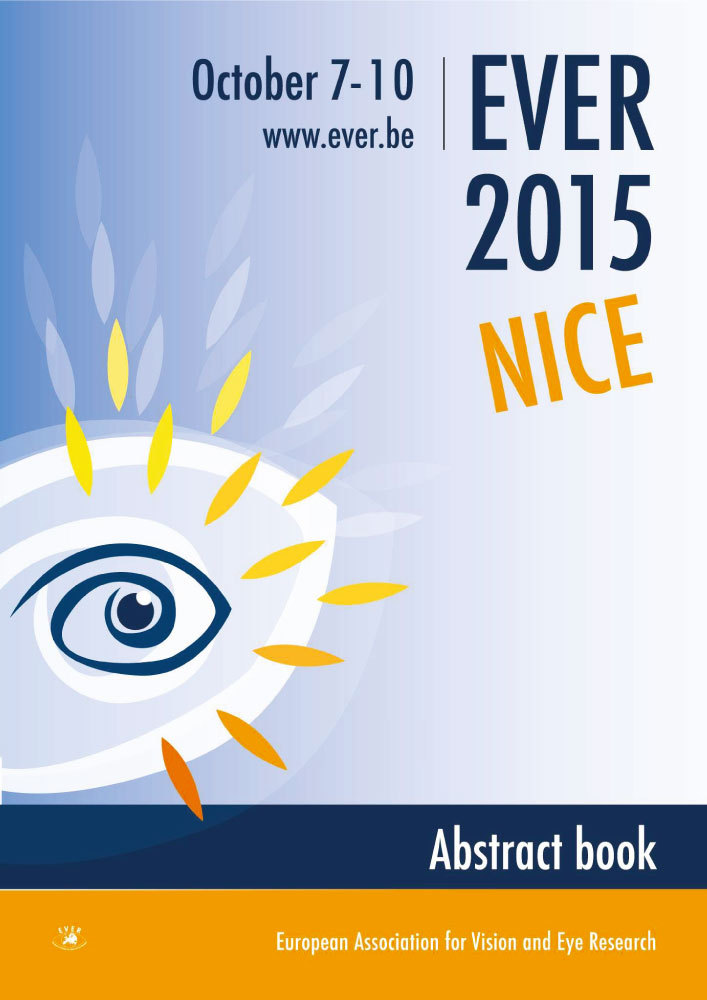Ghrelin inhibits choroid-retinal cell migration, proliferation and in vitro angiogenesis, under a high glucose environment
Abstract
Purpose
Ghrelin is a peptide expressed in many organs and tissues. Recently, ghrelin has been implicated in the pathophysiology of proliferative retinopathy, although its true involvement remains unclear. The aim of this study is to test the effect of ghrelin in the migration, proliferation, apoptosis and in vitro angiogenesis of primate choroid retinal endothelial cells (RF/6A), cultured under high glucose conditions.
Methods
RF/6A cells were incubated for 24 hours with different glucose concentrations (0–300 mM). Cell migration was assessed using wound-healing assay. Colorimetric immunoassay was used for the quantification of cell proliferation, based on the measurement of BrdU incorporation. Cell apoptosis was assessed by TUNEL technique. For each glucose concentration, the effect of ghrelin (10–10 to 10–5 nM) was determined after 24 hours of incubation. The in vitro angiogenesis was assessed by tube formation assay after exposure to the same glucose concentrations and ghrelin (10–7 nM) for 4 hours.
Results
Ghrelin significantly inhibited RF/6A cell migration at every glucose concentrations, although this effect is more consistent under low glucose environment. Ghrelin, at the concentration of 10–7 nM, significantly reduces cell proliferation at every glucose concentration. In vitro angiogenesis is decreased by ghrelin under a high glucose environment. No differences on the apoptosis assay were seen.
Conclusions
In conclusion, ghrelin significantly inhibits RF/6A cells migration, proliferation and in vitro angiogenesis, under high glucose environment.




